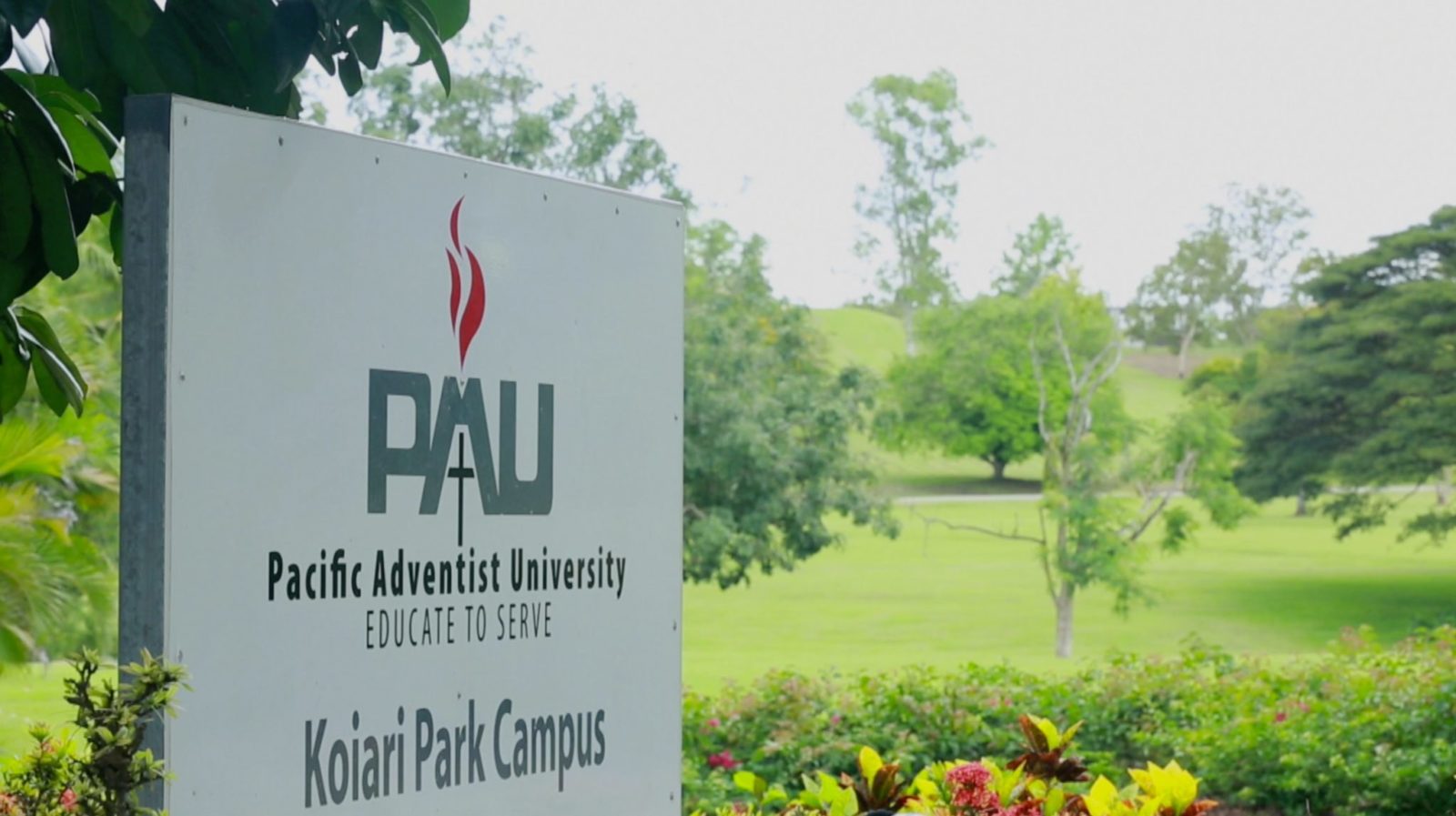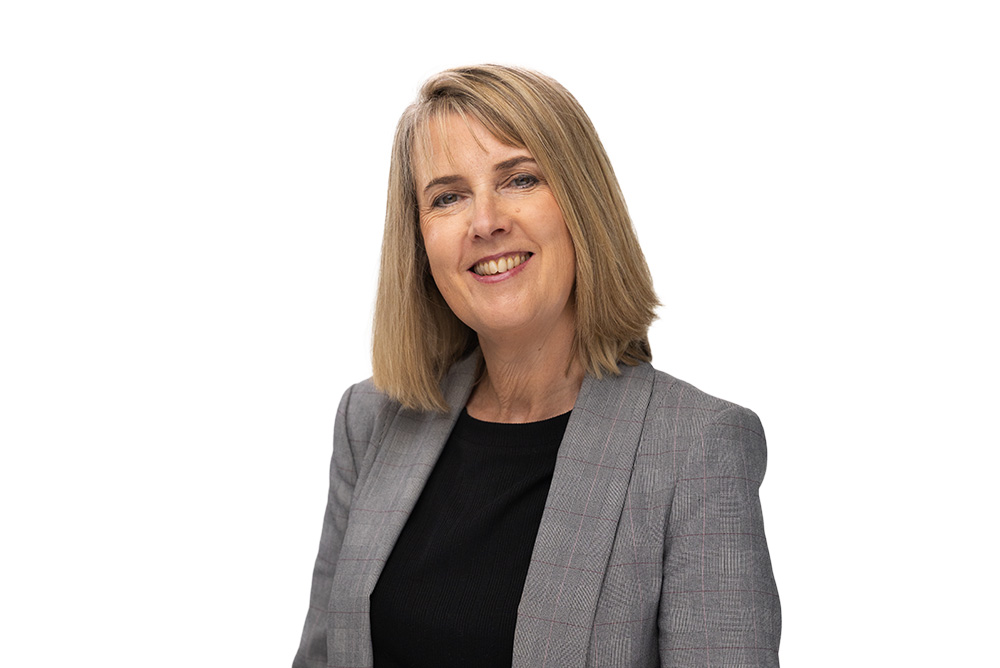For the first time in the history of Pacific Adventist University (PAU) the tertiary institution has a Papua New Guinean at the helm.
Professor Lohi Matainaho has been appointed vice-chancellor of PAU following incumbent Dr Raul Lozano’s decision to return home to Mexico for family reasons. Previous vice-chancellors have included Dr Nemani Tausere (2003–2006), Dr Branimir Schubert (2007–2010) and Prof Ben Thomas (2011-2016). Prof Matainaho was among a number of appointments and reappointments made at this month’s Division Executive Committee meetings.
Prof Matainaho has a three-fold vision for PAU; firstly, that it promotes a Christ-like education experience. “This is an essential brand and character that should prepare a workforce for the mission of the Lord—to teach, to preach and to heal the world,” he said.
Secondly, he wants to ensure that the students are fully prepared for the rapidly changing and digitally disruptive world in which they are living. “PAU must be ready to provide the necessary foundations in the knowledge disciplines, scientific, technical and professional training to equip people to be innovative and engaging in society,” he said.
“PAU, with its practical approach to education, can integrate teaching, research and practical/service programs to inspire the next generation of mission-focused innovators.”

Thirdly, Prof Matainaho believes that PAU, like universities throughout the world, should seek to collaborate and partner with government, industries and communities to promote research and innovation to address the most challenging problems of local communities.
“The complexities of societies today present unique opportunities for an education system that can still remain authentic and focused on addressing fundamental problems of society—and still remain resilient and vibrant in conveying a message of hope in the coming Lord Jesus Christ,” he said.
With a career encompassing the areas of science, technology and medical research, Prof Matainaho has served since 2013 as chairman of the PNG Science and Technology Council and head of the Science and Technology Secretariat, and therefore as chief science advisor to the PNG government. Through the council, he has been responsible for advising the government and setting policies on science and technology, advising on research priorities and funding, coordination of scientific and technological programs, and other key management and communication functions.
He is also a highly experienced teacher, having taught pharmacology for 20 years in the School of Medicine and Health Sciences at the University of Papua New Guinea.






